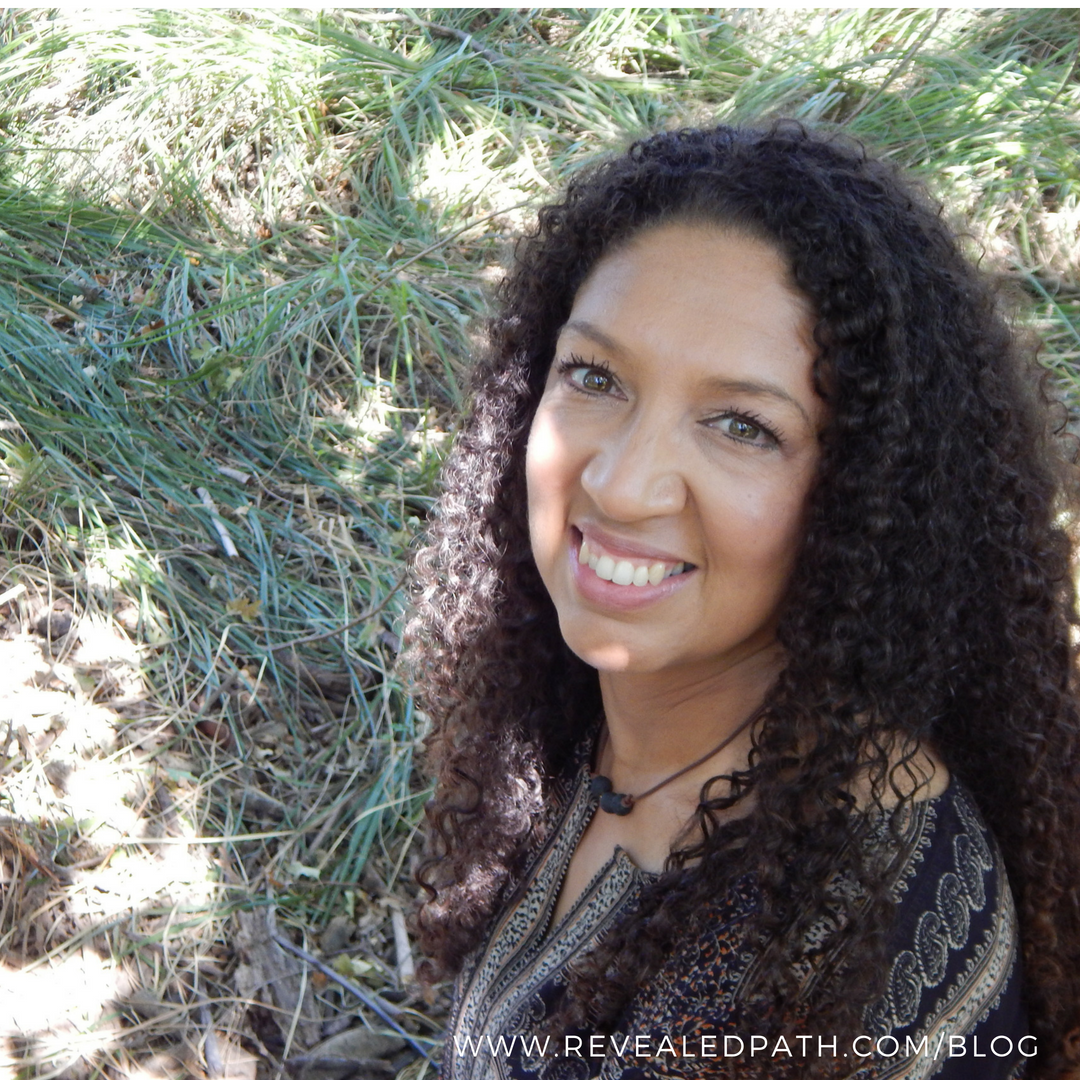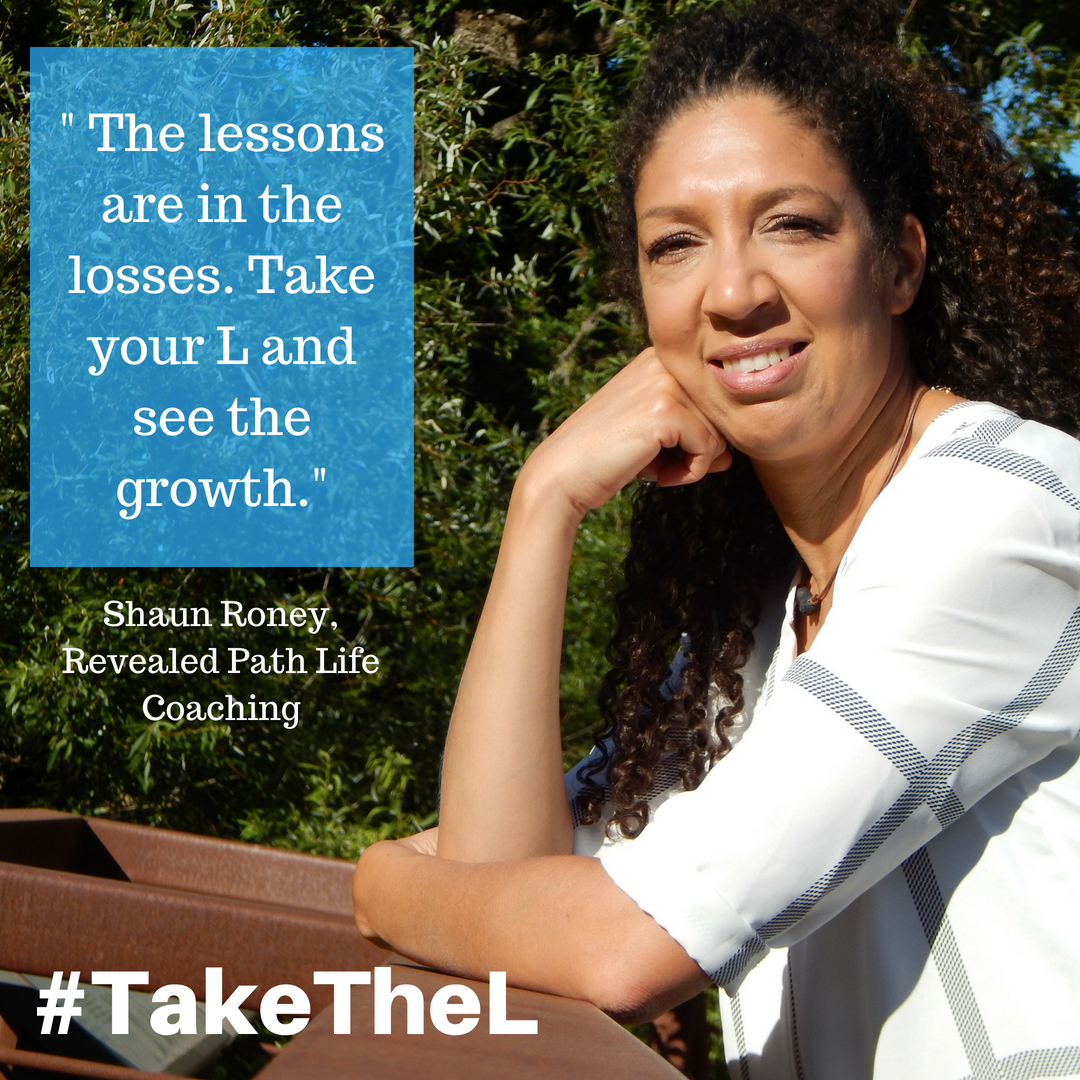*Disclaimer-I am not a Dr. nor a medical professional. All opinions expressed are entirely my own. Anything suggested in this message are not intended to diagnose, treat or cure. I worked with my health professional and so should you.
I've been on this path of investigating ADHD for about 7 years now. It started with me feeling extreme frustration with myself at my inability to "keep up and manage it all". I'd hit a tipping point in my life and there were a lot of little things that I did on a regular basis that I was just plain tired of doing. Things that slowed me down. Things that were exhausting. Things that I wondered if other people did. What was "normal"? I had no idea. Here is my journey for the 7 years that have followed.
After seeing a specialist and going through the evaluation process for ADHD, I was diagnosed ADHD Inattentive type. It honestly felt like a relief. I finally had an answer to my frustrations. The things that I did that didn't make sense to my husband, and that frustrated me, had a name. It was at least a place to start.
Now that I know what I'm dealing with, what's next?
As soon as I was diagnosed, the conversation with my Dr. turned to medications. It makes sense, medications are the primary method of treatment in the DSM-5 when one is diagnosed with ADHD.
I was open and curious and a little bit nervous. If meds helped me, I was all in. At the very least, I wanted a glimpse of what a "typical" day felt like in the life of someone that was not diagnosed with ADHD. In the past, I have had some uncomfortable reactions to medications and because of that, I rarely even take aspirin. This left me a little worried. What would meds do? How would I react to them? I was raised in a household that rarely used over the counter, let alone prescription medications. I was going to proceed with caution.
Because of my hesitancy with meds, I turned to Google to find out what else was available. I came upon ADHD Coaching and decided to find a coach. After searching terms like, "alternative treatments for ADHD", "ADHD in women", "what does Inattentive ADHD look like?", "ADHD Coaches Sacramento" and "natural therapies for ADHD", I decided a coach was my next step.
I found my coach, a local woman named Laurie Dupar (who just happens to be one of the best in the industry). She was not too far from me and I signed on for a 12-week package. I was all in.
Don't get me wrong, it was not inexpensive, and at the time I had no idea how I'd pay for it, but I was tired y'all. So, so, so ready for a change. After living for 40+ years with these lightweight struggles, I was going to shake things up and do something different, extravagant and for myself.
Coaching changed my life. I cannot say that enough. There were a few sessions that I remember thinking "I can't tell if anything is happening? I want her to give me more answers and tell me what to do differently." In her patient way, she did what she does best, coach. It was magical to me. Just having someone listen to me for 12 hours 1:1, that understood completely what I was experiencing was invaluable. I will be forever grateful to her.
Fast forward to now. I've formed some pretty strong opinions, not all of which will be popular.
It is my belief that like much of life, ADHD tendencies occur on a spectrum. Some of us are more severely affected than others. There are a few perspectives when looking at health, wellness, and wellbeing. If you are non-functioning in your everyday life, you should speak with your medical practitioner about testing, diagnosis, and treatment options available for ADHD.
For myself, while challenged by my "ADHD tendencies", for the most part, I am functioning in my everyday life. I've held down jobs. I've set goals and accomplished them (albeit with quite a bit of struggle at times). For me, a diagnosis of ADHD gave me context. It helped me to understand why I did some of the things that I did. For that I am grateful.
Personally, at this time, I've decided not to use medications as a treatment option. While I see that it is helpful for so many people, including some of my clients, the drawbacks outweighed the benefits, for me.
Once I decided to look at non-medication options, I decided if I'm not needing a prescription, it doesn't serve me to cling so tightly to the diagnosis. It was actually hindering me a bit. Because of my thoughts around what an ADHD diagnosis meant (for me).
I was thinking things like "of course this is harder for you, you have ADHD", or "you are always going to be time-challenged, you have ADHD", "organization will not be your thing, you know, you have that funky, fun brain wiring". I'm not denying any of those things, it just doesn't help me get to where I want to get to when I focus on them. Don't get me wrong, there are times when I totally embrace my ADHD. I know it is a large part of what makes me quirky, creative and kind. I'm thankful for the gift of it. But I don't want to let my mind tell myself that I am destined to repeat something that I want to change.
By seeing my attention challenges as a "tendency" rather than a sentencing, I am better able to move forward. Yes, I have ADHD, so what. Yes, things are at times more challenging, so what. What do I mean by so what?
So what NOW?! What's next? Where am I going from here?
Would love to hear your thoughts on this. Does your diagnosis help or hinder you? ~Shaun




